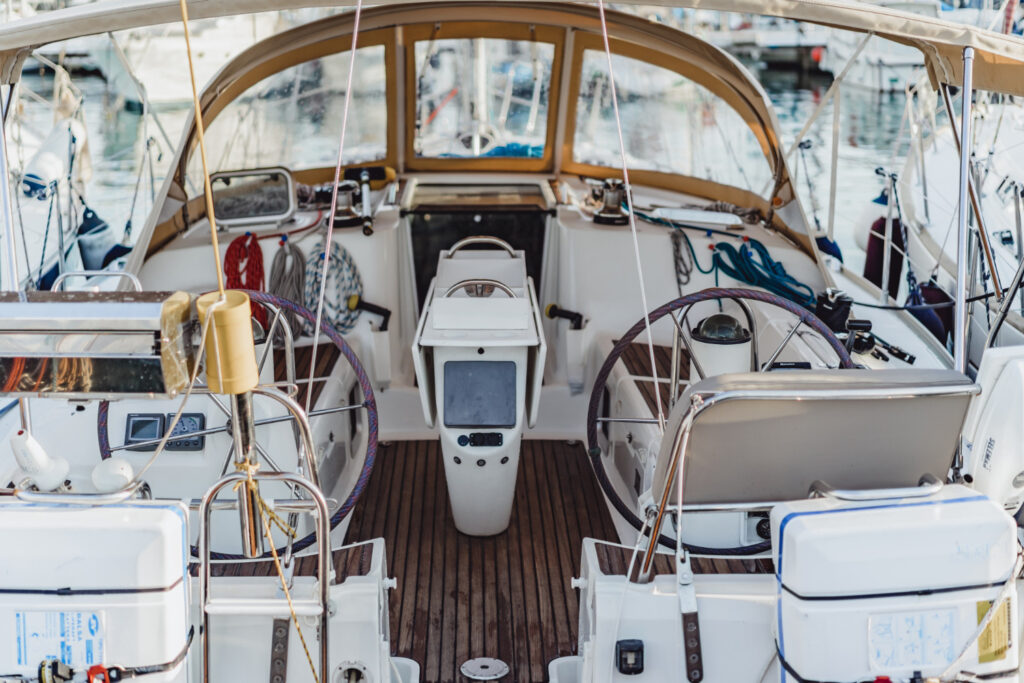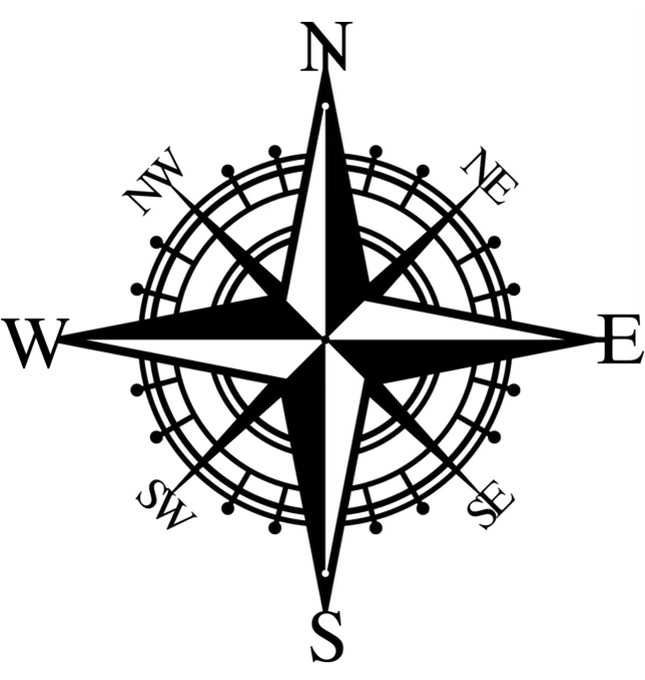Boating enthusiasts often face the dilemma of whether to tackle marine plumbing repairs themselves or hire a professional. Marine plumbing is critical to boat maintenance, ensuring that water systems function smoothly and efficiently.
In this comprehensive guide, we will explore the pros and cons of DIY marine plumbing repairs versus hiring a professional, helping you make an informed decision based on your skills, budget, and the complexity of the repair.

Understanding Marine Plumbing Systems
Marine plumbing systems are complex and require a thorough understanding of various components, including water tanks, pumps, hoses, and fittings. These systems are designed to provide fresh water, manage wastewater, and ensure that the boat remains buoyant and functional. Proper maintenance of marine plumbing is essential to prevent leaks, water contamination, and other issues that can compromise the safety and comfort of your boating experience.
Critical Components of Marine Plumbing Systems
- Freshwater Systems: This include tanks, pumps, and distribution lines that supply clean water to sinks, showers, and other fixtures.
- Sanitation Systems: This involves toilets, holding tanks, and macerators that manage wastewater.
- Bilge Systems: Bilge pumps and associated plumbing are crucial for removing excess water from the boat’s hull.
- Raw Water Systems: These systems use seawater for cooling engines and other equipment on the boat.
Understanding these components and their functions is the first step in determining whether you can handle repairs independently or need professional assistance.
Advantages of DIY Marine Plumbing Repairs
Cost Savings
One of the most significant advantages of DIY marine plumbing repairs is cost savings. Hiring a professional can be expensive, especially for complex repairs. You can save money on labor costs and invest in quality materials by doing the work yourself.
Learning Experience
Performing your repairs can be a valuable learning experience. It enhances your understanding of your boat’s plumbing system, enabling you to troubleshoot issues more effectively in the future. This knowledge can be beneficial during extended boating trips when professional help is unavailable.
Immediate Repairs
When you handle repairs yourself, you can address issues immediately without waiting for a professional to become available. This can be crucial in emergencies where prompt action is needed to prevent further damage.
Challenges of DIY Marine Plumbing Repairs
Technical Expertise
Marine plumbing systems are complex, and repairs often require high technical expertise. With proper knowledge, you can avoid making mistakes that can lead to more significant problems and costly repairs down the line.
Specialized Tools
Many marine plumbing repairs require specialized tools that may not be readily available in a typical household toolbox. Investing in these tools can be costly, and improper use can damage the plumbing system or the boat.
Time-Consuming
DIY repairs can be time-consuming, especially for those unable to become more with marine plumbing systems. The time spent on repairs could be better used to enjoy your boat or handle other essential tasks.
Benefits of Hiring a Professional
Expertise and Experience
Professional marine plumbers have the expertise and experience to handle various plumbing issues. They are trained to diagnose problems accurately and provide practical solutions, ensuring that repairs are done correctly the first time.
Access to Quality Materials and Tools
Professionals can access high-quality materials and specialized tools for durable and reliable repairs. They can source the right components quickly, saving you the hassle of searching for parts.
Warranty and Insurance
Hiring a professional often comes with the benefit of warranties and insurance. If something goes wrong after the repair, the professional can address the issue at no additional cost. This provides peace of mind and protects your investment.
Time Efficiency
Professionals can complete repairs more efficiently, minimizing downtime and allowing you to return to the water sooner. Their experience enables them to work quickly and effectively, ensuring that your boat is in optimal condition.
When to DIY and When to Hire a Pro
Simple Repairs
DIY can be a viable option for simple repairs, such as replacing a faucet or fixing a leaky hose. These tasks typically do not require specialized tools or extensive knowledge, making them manageable for most boaters.
Complex Repairs
Hiring a professional is advisable for more complex repairs, such as installing a new sanitation system or addressing a significant leak. These tasks require a deep understanding of marine plumbing and the use of specialized tools and materials.
Regular Maintenance
Routine maintenance tasks, such as checking hoses for leaks, cleaning filters, and inspecting pumps, can often be handled by boat owners. Regular maintenance can help prevent significant issues and prolong the life of your boat’s plumbing system.
Conclusion
Deciding whether to DIY or hire a professional for marine plumbing repairs depends on several factors, including the complexity of the repair, your level of expertise, and your budget. While DIY repairs can save money and provide valuable learning experiences, they also come with risks and challenges. Hiring a professional ensures that repairs are done correctly and efficiently, giving peace of mind and protecting your investment.


